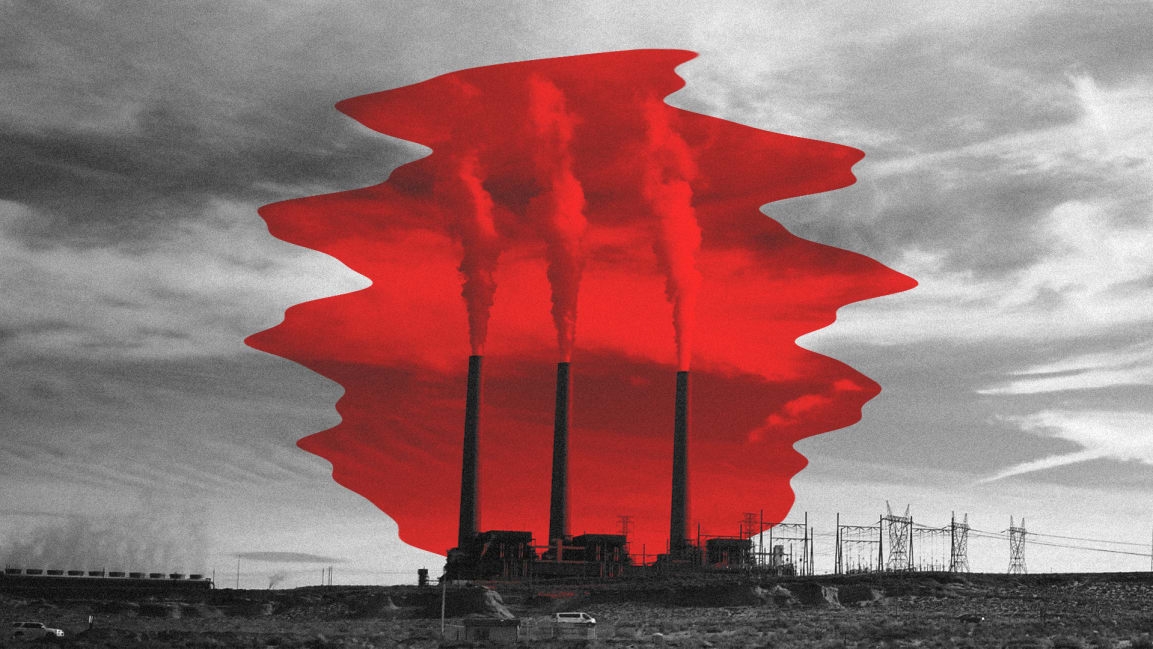Trump’s climate rollbacks could lead to 200 million metric tons of extra emissions each year
Since the Trump administration took office, it has rolled back key Obama-era policies that were designed to cut pollution at coal plants, improve gas mileage, and cut methane emissions at oil and gas operations and landfills. It even reopened a loophole that allowed new heavy-duty trucks to use older, more polluting engines.
A new report adds up the total impact of the changes: By 2025, the U.S. could emit more than 200 million metric tons of extra greenhouse gas emissions every year. Dismantling the rules could also lead to millions of additional asthma attacks, tens of thousands of premature deaths, and means that the economy will forgo hundreds of billions of dollars of benefits, including the health costs that would have been saved if the rules had stayed in place.
“Particularly in the last several months, the administration has been targeting the largest sources of climate change-causing greenhouse gases in our economy and has essentially been turning the dial backwards on them,” says David Hayes, executive director of the State Energy & Environmental Impact Center at the New York University School of Law, a nonpartisan center that works with the state attorneys general that are challenging the rollbacks. The four sectors affected by the rules–the power sector, transportation, oil and gas, and the waste industry–are responsible for nearly half of U.S. emissions.
Dismantling each policy has major impacts. The Environmental Protection Agency (EPA) itself calculated that the proposal to replace the Obama-era Clean Power Plan could lead to 120,000 additional asthma attacks, 140,000 missed school days, 48,000 lost work days, and 1,630 premature deaths by 2030. Without the original Clean Car Standards, drivers may end up spending as much as $236 billion in extra fuel costs by 2035, and the economy will incur an extra $18 billion in health and climate costs. Eliminating rules for methane leaks at new and existing oil and gas operations could contribute to 1.1 million asthma attacks by 2030 and another 1,900 premature deaths.
As the administration has rolled back the rules–first by delaying implementation and enforcement, and then by proposing weaker replacements–state attorneys general have filed dozens of lawsuits challenging the decisions. States that have been moving aggressively to tackle climate change are held back by the changes; even in states that are trying to increase renewable energy, for example, coal plants could be in place longer than they otherwise would have been. “The impact of these reversals is that industry will be polluting more and longer,” says Hayes.
States will continue to sue as the administration’s proposed rules become final. Under the Clean Air Act, the government is legally required to reduce greenhouse gas emissions, and it’s also something that has popular support. More Americans than ever before now say that they are “very worried” about climate change. “At a time when we are appreciating the seriousness of climate change and most Americans want to tackle it and reduce emissions where we can, the administration is going in the opposite direction,” Hayes says.
Correction: This story has been updated to reflect that the total extra potential emissions are 200 metric tons.
(5)



